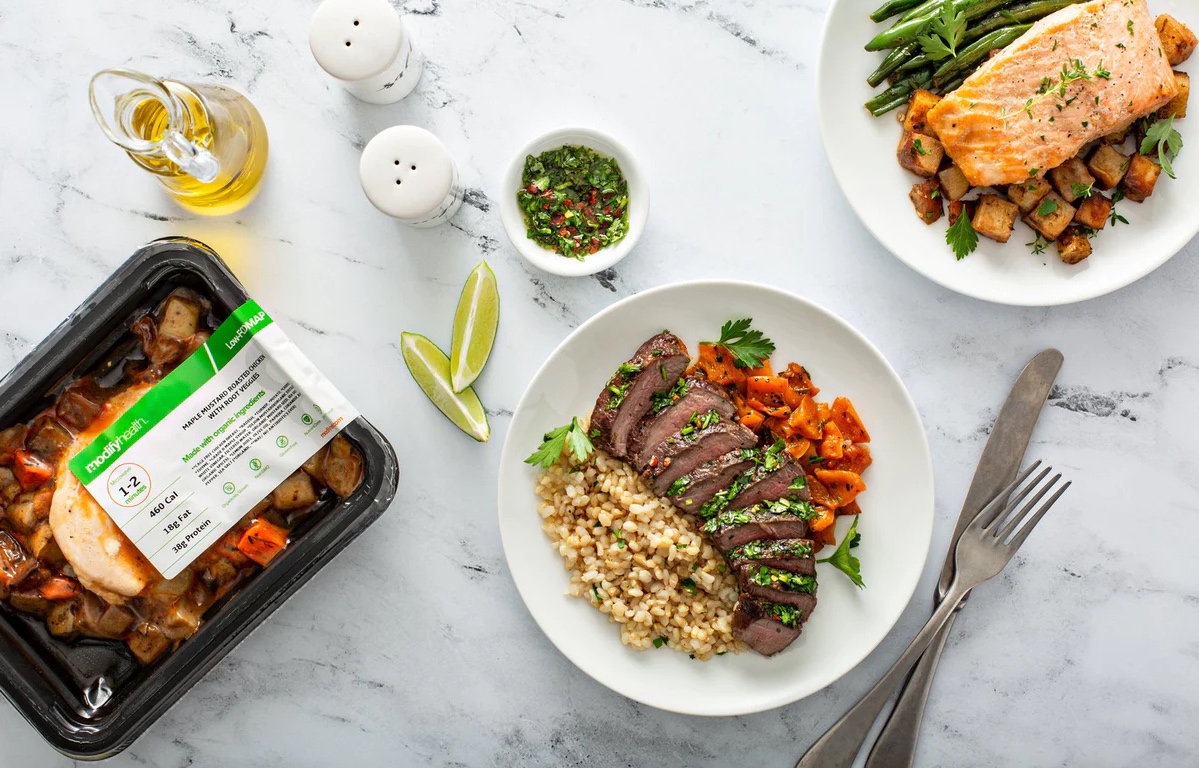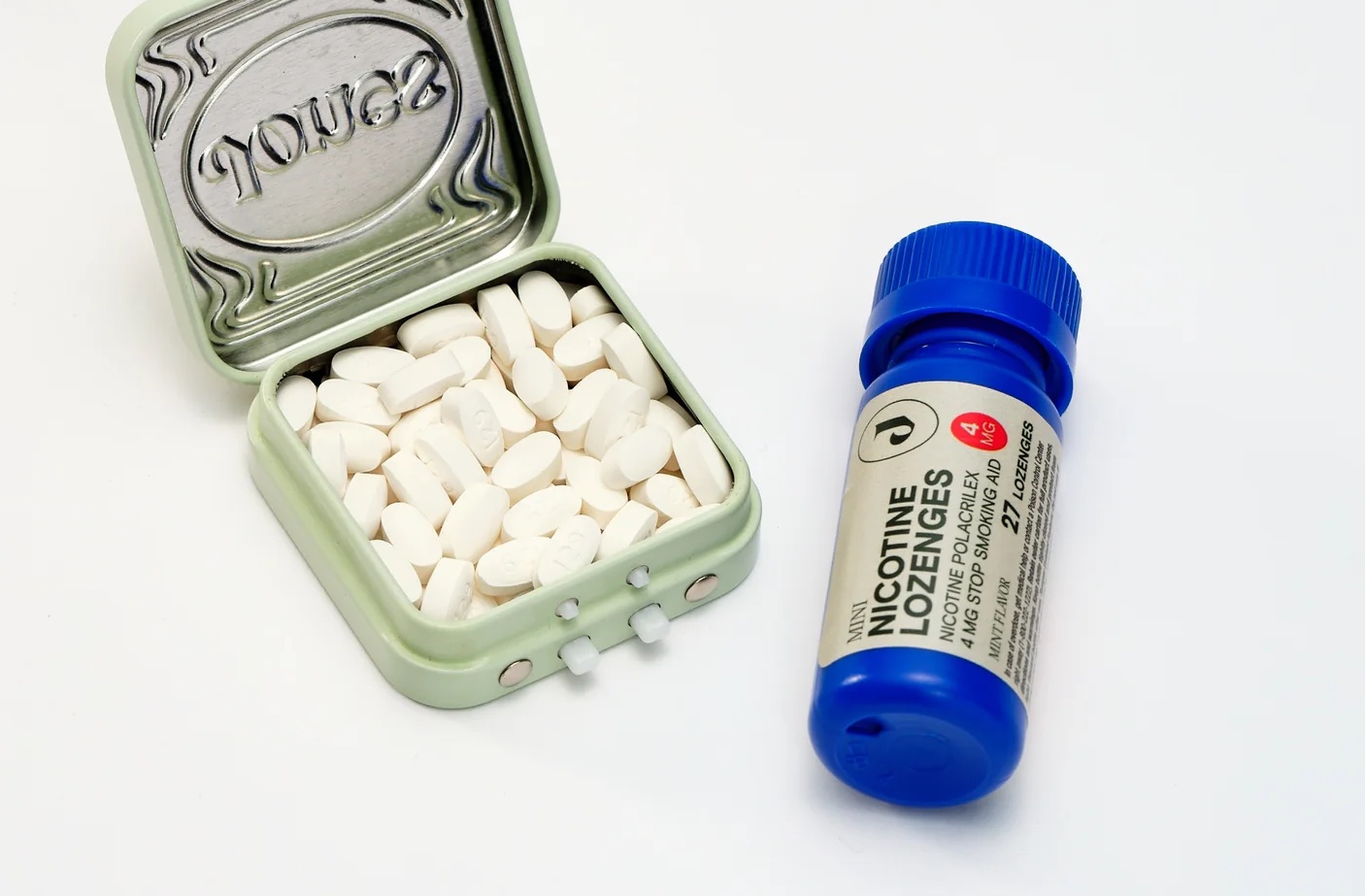Saving lives and curbing healthcare spending, medically prescribed meals are catching on.
For context: Still considered an “alternative” approach, the food we eat has a part to play in public health.
- 85% of US healthcare spending stems from diet-related chronic diseases.
- 78% of consumers say eating the right food can prevent and treat health problems.
- Medically tailored meals could save $13.6B/year and prevent 1.6M hospitalizations.
While Big Food companies push unhealthy products and Big Pharma fast-tracks miracle weight loss drugs, embracing food as medicine can prevent, manage, and, in some cases, reverse chronic illnesses.
Special delivery. New initiatives are removing barriers that derail healthy eating by enabling access and ensuring affordability.
- Instacart’s Health division debuted a medically tailored meals partnership with Boston Children’s Hospital in March.
- Last week, FarmboxRx unveiled a new food-as-medicine program to support those affected by SNAP benefit cuts.
- Today, Uber Health announced a physician-prescribed grocery delivery service for those recently discharged from hospitals.
Meanwhile, the White House is increasing access to fresh healthy food, with some Rx meal programs gaining approval under Medicaid.
Fresh funding. With consumer interest surging, medically tailored meal marketplaces and care platforms are scaling up.
- Free From Market landed $2.1M in January for its digital healthcare platform that prescribes healthy meals and telenutrition for low-income adults.
- In April, medically tailored meals provider ModifyHealth added a strategic investment to its $10M Series B round from January.
- In May, bitewell raised $4M to help employers lower health insurance premiums through healthy food offerings.
- Around the same time, food-as-medicine meal delivery service Vitabowl secured $3M.
Elsewhere… On the food service scene, Sweetgreen, Farmer’s Fridge, and Whole Foods founder John Mackey’s Love.Life are trying to make choosing healthy an easier decision.
Punchline: Prescribing nutritious meals instead of reactively treating diseases could shift healthcare spending to prevention while having an outsized impact on well-being. Making the process as easy as ordering takeout is a step in the right direction.
 Modify Health
Modify Health


